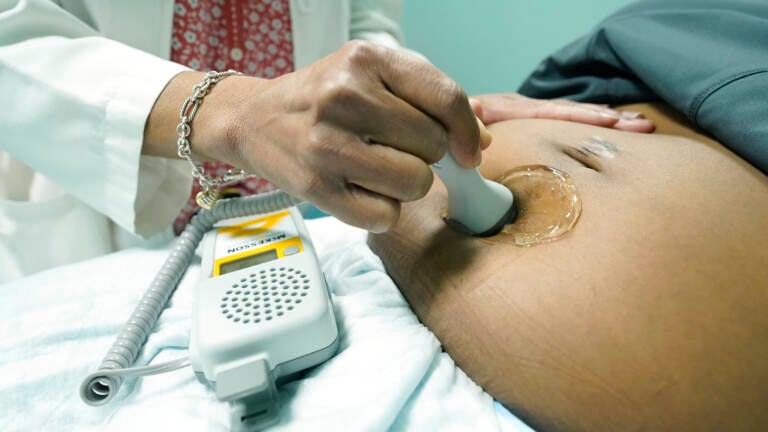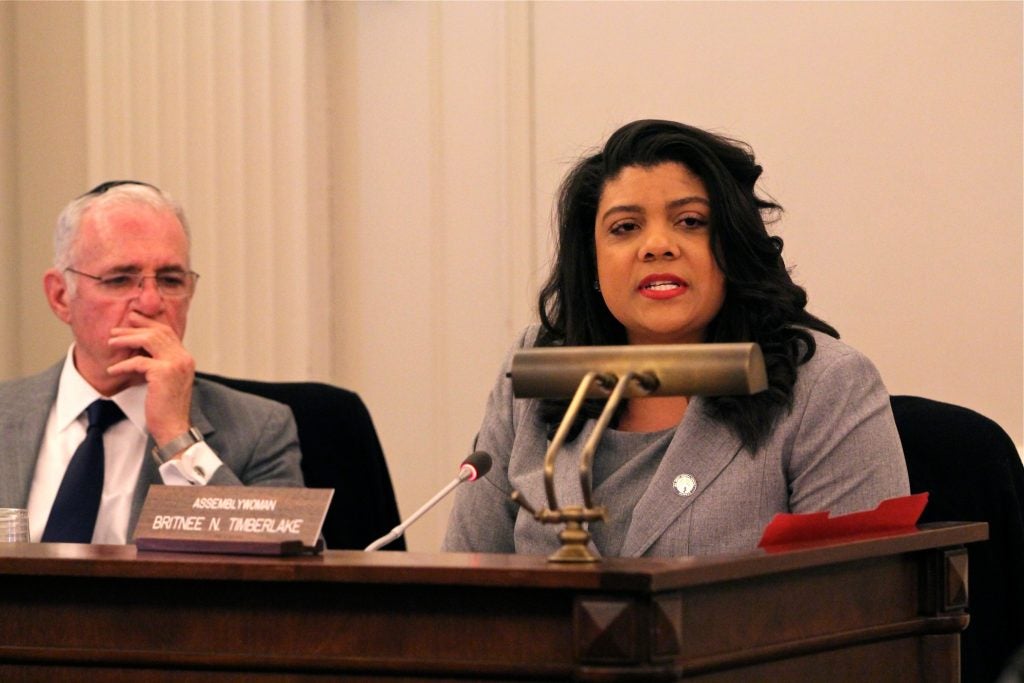
The policing of Black bodies in America dates back centuries with the advent of the trans-Atlantic slave trade. But that neglect and abuse have since extended to many facets of life, including the birthing experience.
Midwives are licensed health care professionals who care for childbearing people from adolescence through menopause. Their care specializes in assisting in childbirth and centers on patients’ needs and preferences, often using traditional or ancestral methods and not intervening unless needed for the well-being of the pregnant person and their fetus.
The profession was relatively common in the U.S. before the early 1900s and was primarily practiced in the home by Black and Indigenous people and immigrants.
As surgical care and obstetrics rose in prominence in the 1900s, doctors — mostly white men — began weaponizing midwifery. Some linked the practice to contraception and abortion, discouraging people from seeking midwifery services.
Jaye Wilson, the founder of Melinated Moms, a community-based company that helps moms of color navigate the health care system, said the 20th-century decline of the profession was rooted in racism.
“[White doctors] created almost like a smear campaign to talk about midwifery, not as a safe practice, but under the guise of witchcraft, as well as it being dirty or unclean,” Wilson said. “That shifted everyone’s focus from being born in the home and going into the hospital system. However, some hospitals wouldn’t allow providers of color to practice. So that put Black and brown people at higher risk of being unable to deliver safely.”
Black people in New Jersey are seven times more likely to die from pregnancy-related issues than white people. Wilson argues that midwifery is coming back in the U.S. and said expanding access to midwifery can help mitigate maternal mortality inequities in the Garden State.
“We’re seeing the shift happen now,” Wilson said. “We’re seeing an increase in white midwifery. Now it’s become a clinical-based practice, as opposed to an ancestral holistic-based, almost ritual-like, experience.”
Julie Blumenfeld, a certified nurse midwife and director for the midwifery program at Rutgers University in Newark, said growing the midwifery workforce is one way to address the maternal health care crisis.
“In countries with equal resources to the United States, where midwives are the majority of the workforce caring for pregnant people, outcomes are far superior to the outcomes in the United States,” said Blumenfeld, who is also president of the New Jersey chapter of the American College of Nurse-Midwives.
There were about 400 practicing midwives in New Jersey in 2022. State law requires they work in tandem with a prescribing physician — a requirement the New Jersey Health Quality Institute believes limits practice autonomy for midwives and creates more barriers to entering the occupation.
“Midwives only take care of about 10% of the births in the state, both because it’s not a very large workforce and because people don’t really know to ask for a midwife or to seek out the care of a midwife when they become pregnant,” said Kate Shamszad, the Institute’s director of policy.
The New Jersey Health Quality Institute has called on the state to provide more career pathways. Rutgers University offers the only in-person midwifery degree program in the entire state. Expanding Medicaid to include more midwifery services, like home births, is also one of the Institute’s priorities.
New Jersey has made strides in wage parity, allocating funding in last year’s budget to allow Medicaid to pay midwives 100% of what a physician would make for offering the same services. The Institute advocates for full parity for patients paying through a managed care organization, Shamszad said.
“By getting payment parity, it’s one step closer to working autonomously,” Shamszad said.
A state lawmaker opens up about birthing with midwives
Assemblywoman Britnee Timberlake (D-Essex) has introduced legislation requiring health insurance companies to cover midwife-assisted home births.
The bill is born from personal experience.
“I have birthed three healthy, beautiful children, as a Black woman, using midwives,” Timberlake said. “I would have preferred to have had a home birth experience. But [I didn’t] necessarily have the money to pay out of pocket for it. I believe there’s a need for insurance companies to pay for that because it’s currently something that wealthy Caucasian women are more prone to do because they tend to have the cash on hand to do it.”

Timberlake has also introduced a measure requiring obstetric health care professionals to communicate various birthing options, including midwifery. Health care professionals would also be required to provide information about associated health risks.
Both bills are currently pending votes in the Legislature.
First Lady Tammy Murphy has prioritized tackling maternal health inequities over the last few years. Murphy has hosted maternal health clinics and developed a statewide strategic plan called “Nurture NJ” to address the issue, including promoting midwifery.
